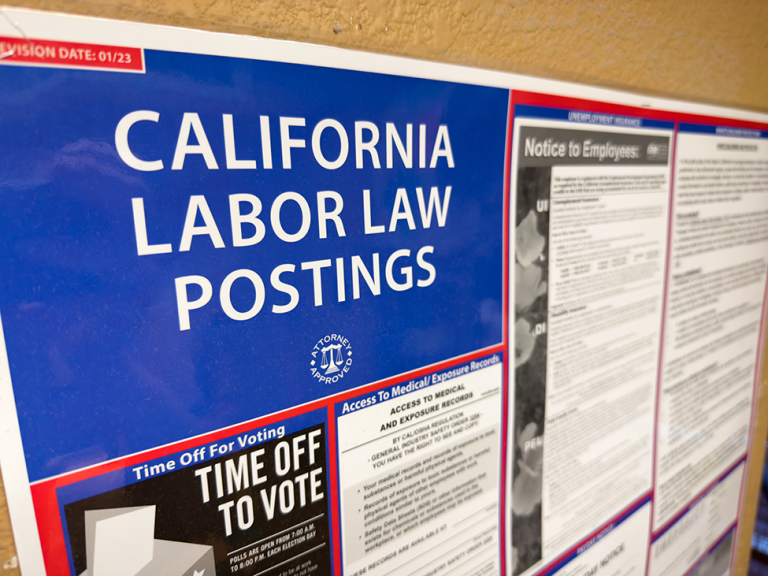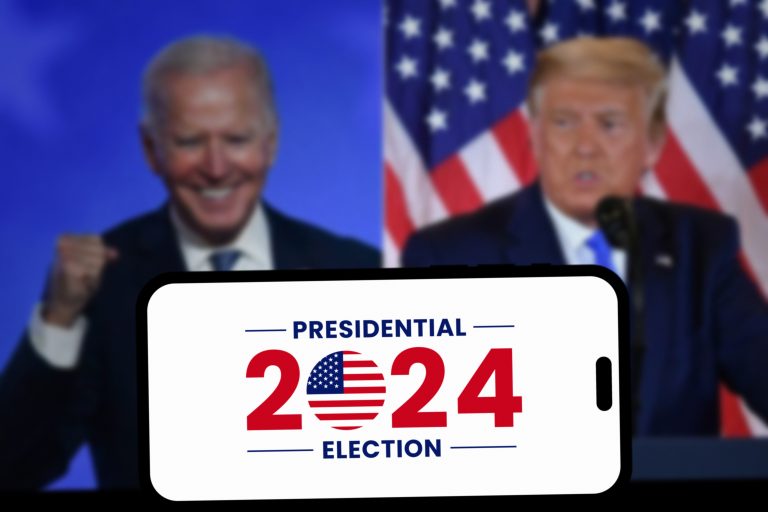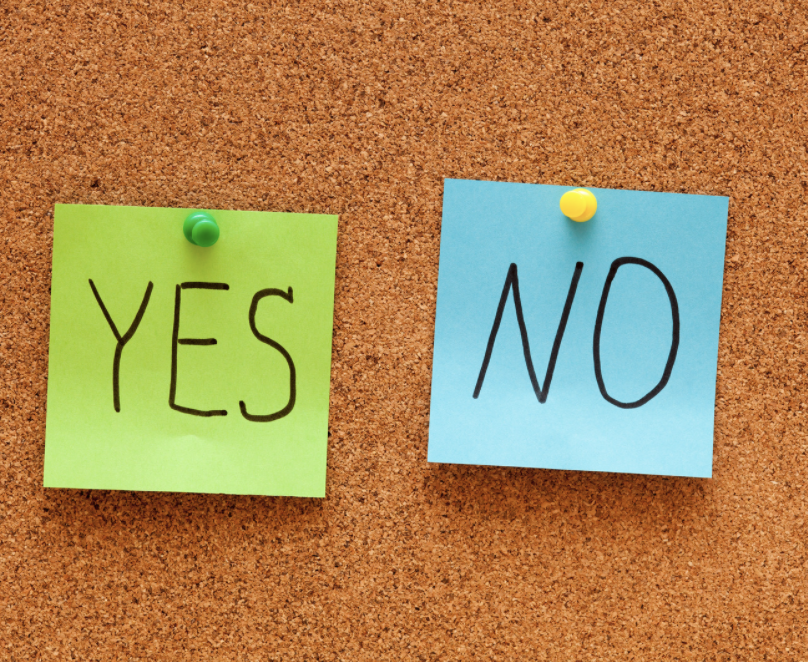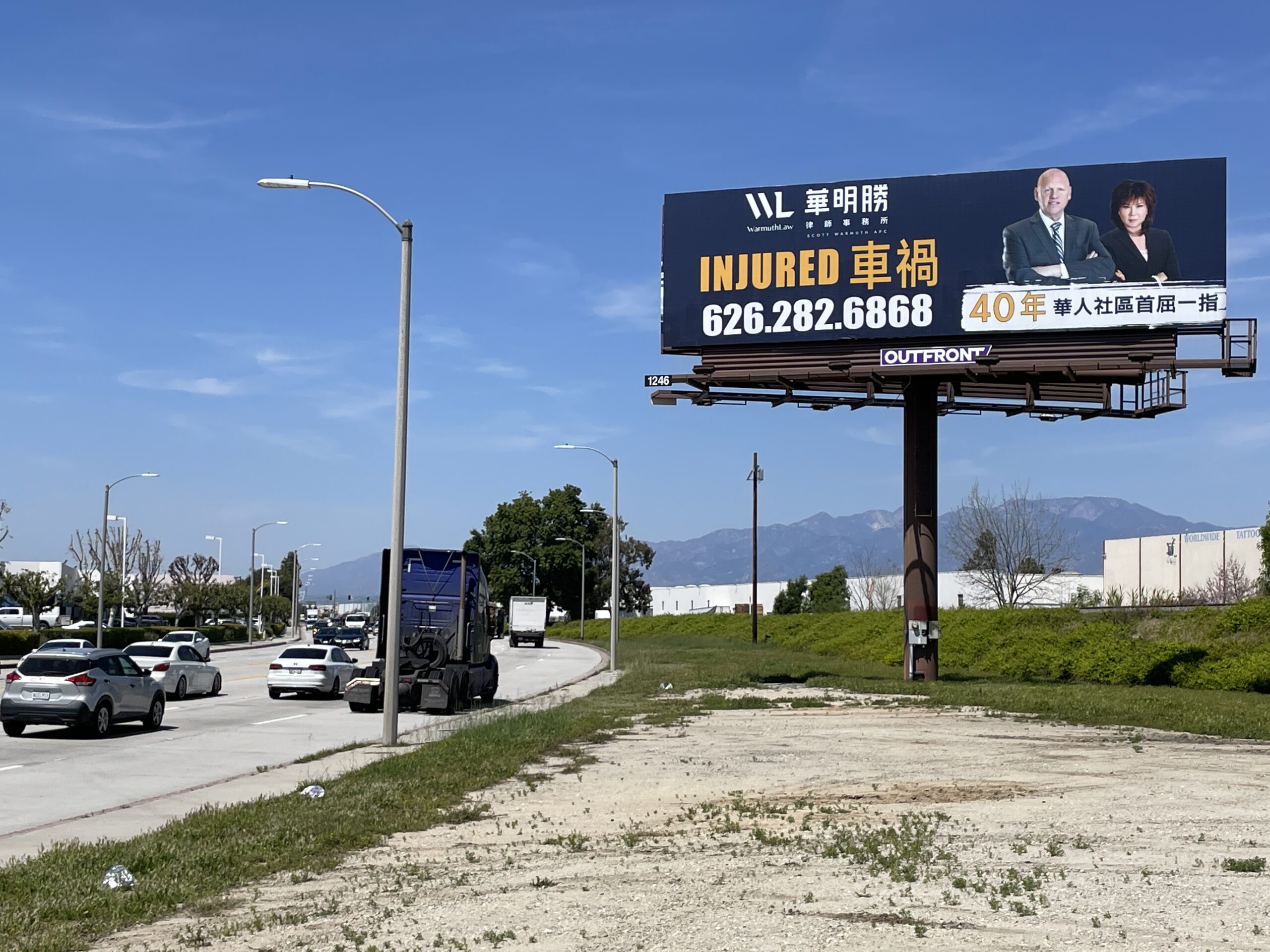[vc_row][vc_column][vc_column_text]Does yes really always mean yes? Absolutely not. When we say yes, we’re committing to something, and immediately after we’ve committed, we begin worrying about what we’ve just signed up for. Which means, at best, every yes is a conditional yes. Oftentimes, it’s even worse: a counterfeit yes that’s uttered simply to get the other side to shut up.
Is it a ridiculous idea to think that getting the other side to say no is actually what you should be aiming for when you sit down at the table? This is one of the strategies touted by Christopher "Chris" Voss, an American businessman and author of the book Never Split the Difference. Voss is a former FBI hostage negotiator, the CEO of The Black Swan Group Ltd, a company dedicated to teaching world class negotiation and leadership skills.
The Beauty of Saying No
Whereas yes is a commitment, no is safeguard. There isn’t any ambiguity.
When we say no, we mean it. No is always no.
Getting someone to say no is easy. It’s one of the best communication skills everyone at the LOSW can possess. Just flip your yes-oriented questions into no-oriented questions. People feel anxious when they sense you are seeking a yes. Don’t believe me?
Here’s an example for you. As you’re exiting your local supermarket, someone stops you as you exit and asks…
“Excuse me, do you like vacations?”
Can you feel that? Even though the answer is very likely yes, you feel hesitant to answer right?
Still don’t believe me? Ask a coworker these three yes-oriented questions.
- Did you drive to work this morning?
- Did you eat dinner last night?
- You have a law888.com work email, right?
- Have you given up on... ?
- Is it ridiculous... ?
- Would it be horrible... ?
- Is it a bad idea... ?










